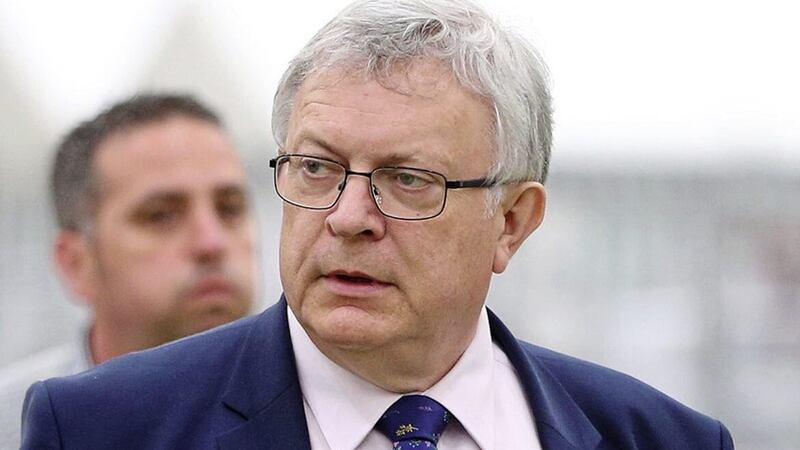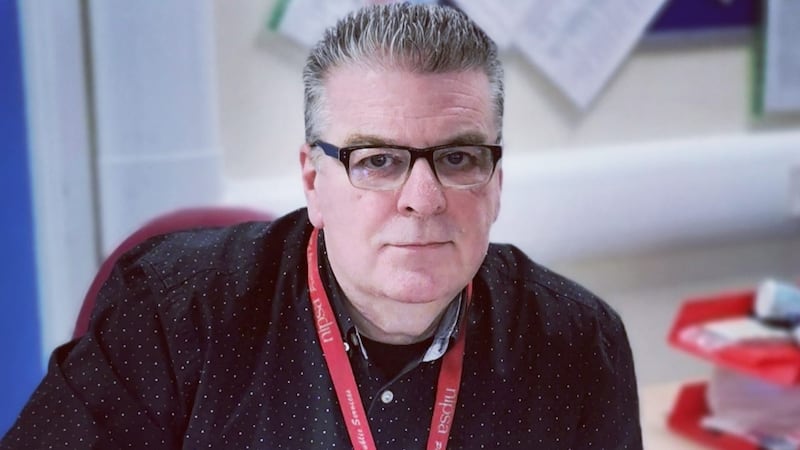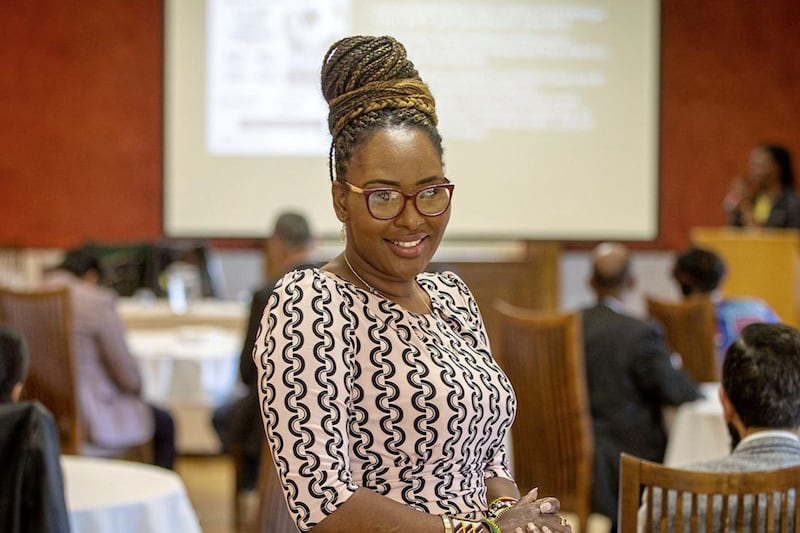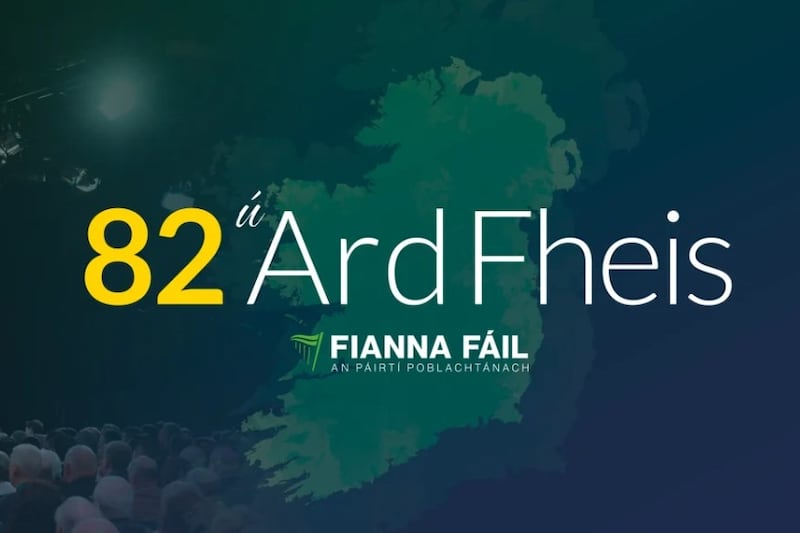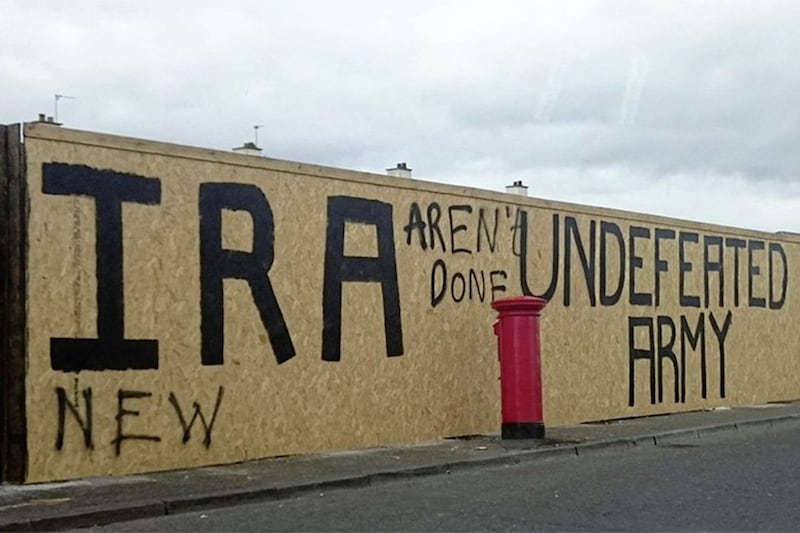The acclaimed US civil rights activist and poet Maya Angelou once wrote that we are all the sum total of everything we’ve ever seen, heard, eaten, smelled, been told and forgotten. Everything influences each of us, and because of that, she argues, we should try to make sure that our experiences are positive.
In a society where identity and tradition has become a deeply contested space, we have too often narrowed our view of ourselves to labels of political allegiance rather than opening ourselves up to the diverse experiences that shape our shared island.
The most fundamental human question: 'Who am I/we?' has inspired creeds, religions, philosophies, nationalities and a multiplicity of creative expressions. However, in the negative: 'Who I/we are not?' it has led to marginalisation, bigotry, discrimination and, in its extreme, violence.
But, with the wisdom of Maya Angelou, we should all try to focus on the positive aspects of identity as we engage more about the future shape of Ireland.
Brexit taught us many things but one thing that starkly stands out is that any ill-prepared referendum – in the Brexit case where people were misinformed and downright lied to – will end disastrously. We have a serious responsibility, therefore, to prepare properly for a future referendum on Irish unity. Many important issues are already being discussed in detail: health, education, environment, economy, a return to EU membership. However, a key part of the overall debate is how people of different backgrounds and identities embrace and participate fully in any new constitutional arrangements in our country.
A number of unionist spokespersons have expressed concerns about how their British culture and identity could be eroded. Therein lies the challenge for those of us who believe in a new future together. It isn’t for me to interpret what British identity is – that requires definition in a positive way by those who identify as British, however it is my responsibility to help create a society on our island which accommodates and respects difference.
A look in the mirror for those of us who are Irish – what does that mean and how has the sum total of our experiences evolved? How does it express itself and how are we influenced by other cultures? As an Irish nationalist public representative, I have been influenced by history and societal experiences in our country which inform my political beliefs, identity and narrative. Important though party politics is, it can by its nature, leave out others not of that view.
We should all reflect on the wider Irish identity and how it expresses itself self-confidently and be enjoyed locally, nationally and internationally. It is important to acknowledge that our identity and culture has evolved over many centuries resting naturally in its European context - our links with mainland Europe go back in history.
Ar ndóigh, tá an Ghaeilge ann – teanga dúchais na tíre a raibh tionchar aici ar theangacha sna hoileáin seo faoi mar a d’fhás siad mar shampla Gàidhlig na hAlban. It’s an historical fact that many of the Scottish Protestant settlers of the Ulster Plantation in the early 1600s spoke only Gàidhlig – exploring the cultural overlap in our past to see what we have in common, rather than that which separates us is a shared challenge that we all have to take on.
Leis an Ghaeilge ritheann litríocht, filíocht, drámaíocht, ceol agus araile.
Ireland has also produced some of the best, internationally-acclaimed writers in English examples from James Joyce, WB Yeats, our own Séamus Heaney, Sean O’Casey, Neil Jordan – the list is almost endless.
This year saw global recognition for film-makers and actors from Ireland for An Irish Goodbye, The Banshees of Inisherin, and An Cailín Ciúin.
In song and dance - Irish dancing exploded onto the world stage with Riverdance. People such as Luke Kelly, Sinéad O’Connor, Christy Moore, Bob Geldof, Dolores O’Riordan, Enya, Imelda May, the Corrs – from traditional Irish and folk music to bands like U2 – musicians and dancers from Ireland have been wonderful ambassadors for our country.
Gaelic games: football, hurling, handball and rounders and the GAA, an umbrella organisation which has done so much for our young people especially. Often the backbone of many communities, in Ireland and abroad. There is so much of which we can all be rightly proud.
So, to the sum total of our experiences. You can enjoy some or all of the experiences of our Irish identity – with its eclectic, inclusive and evolving nature, anyone can join in and enjoy.
We now need to have a meaningful conversation about how British identity can be accommodated within a new Ireland. It must be a meaningful, open and generous dialogue. It’s not for me to define another’s individual, communal or national identity for them - that’s everyone’s own responsibility. But “everything influences each of us, and because of that we should try to make sure that our experiences are positive”, and hopefully many will find that difference accommodated respectfully can enrich us all and can be our tomorrow. Cuimhnimis, ar scáth a chéile a mhaireann na daoine.
:: Patsy McGlone is an SDLP MLA for Mid Ulster.
